Flood victims battle hopelessness


The picture shows the desperation flood victims find themselves in. The tents are barely big enough for one person but house families of up to nine, which have nowhere else to call home. They have no option but to pack themselves in the shelter like sardines
Yoliswa Dube recently in Tsholotsho
An old lady hunched over a heap of scruffily folded blankets, leaning closer to the opening of a tent rested on the sandy soils at Sipepa Transit Camp in Tsholotsho, Matabeleland North province.
The tent opening let in day light, which she used to absorbedly crochet a blue, pink and white doily.
She firmly held the crochet hook with wrinkles boring her hands — resembling the many struggles she has been through her long life.
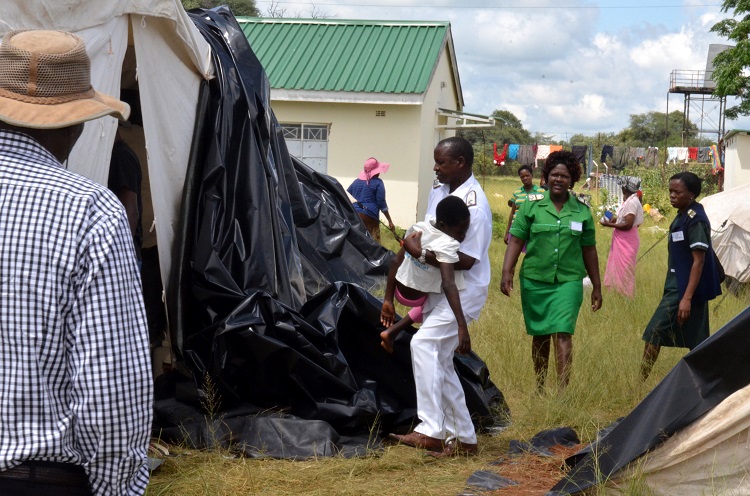
A male nurse carries a child who had been diagnosed with diarrhea into a make shift clinic at Sipepa camp- Picture by Obey Sibanda
Gogo Zodwa Sibanda now lives in a dusty old tent with 29 other people after her home was swept away by devastating floods that hit parts of Tsholotsho about two months ago.
She and other villagers from Mahlosi, Mahlaba, Thamuhla, Mbamba, Mele, Lutshome, Maphili and Mbanyana have had to call the dark, overcrowded tent home.
A couple of blue mosquito nets dangle from the roof of the tent in which Gogo Sibanda has to sleep – on the uncushioned ground covered by thick black plastic. There is little or no ventilation. Each person has a spot just enough to rest their back at night.
“Some villagers have been moved to smaller tents where they live as families but we’re yet to get ours. They keep promising that they’ll give us our own tents but we’re still waiting,” said Gogo Sibanda who would not lift her eyes from the doily she was crocheting.
The tents she referred to are barely big enough for one person but house families of up to nine, which have nowhere else to call home. They have no option but to pack themselves in the shelter like sardines. Privacy remains a dream. A figment of their imagination. The tents are so close to each other such that there is hardly any walking space in-between them.
Although clean running water is easily accessible at the transit camp, the few pit latrines available are almost full posing a serious health risk to the camp dwellers whose patience is wearing thin.
“We now want to go back to our homes because we had planted some crops there. We want to harvest our sorghum; it wasn’t all washed away by the floods. We’re not saying we don’t want to be relocated to the new stands, we’ll go but not before we go back to our homes to harvest our sorghum. We’re not worried about more rains. The rainy season is over. Even if it rains, it won’t be as heavy as it was when we got displaced. And if it rains heavily, we now know when it’s time to evacuate and move to higher ground,” said Gogo Sibanda.
She acknowledges that flooding is a perennial problem in Tsholotsho but says she will only be ready to move after her sorghum is harvested.
“The transit camp is habitable but we want to go back to our homes and harvest our sorghum. Our hard work can’t go to waste just like that. We also have cows and goats that need to be taken care of. I’m worried because there’s no progress at the new stands. There’re no boreholes or reliable sources of water, there’s no school or health facility. It’s a difficult situation. Even if we go to the new stands, they’re in the middle of nowhere. What will we drink? We can’t leave our boreholes to go and drink water from ponds,” said Gogo Sibanda as she adds white bits of thread to her crochet work.
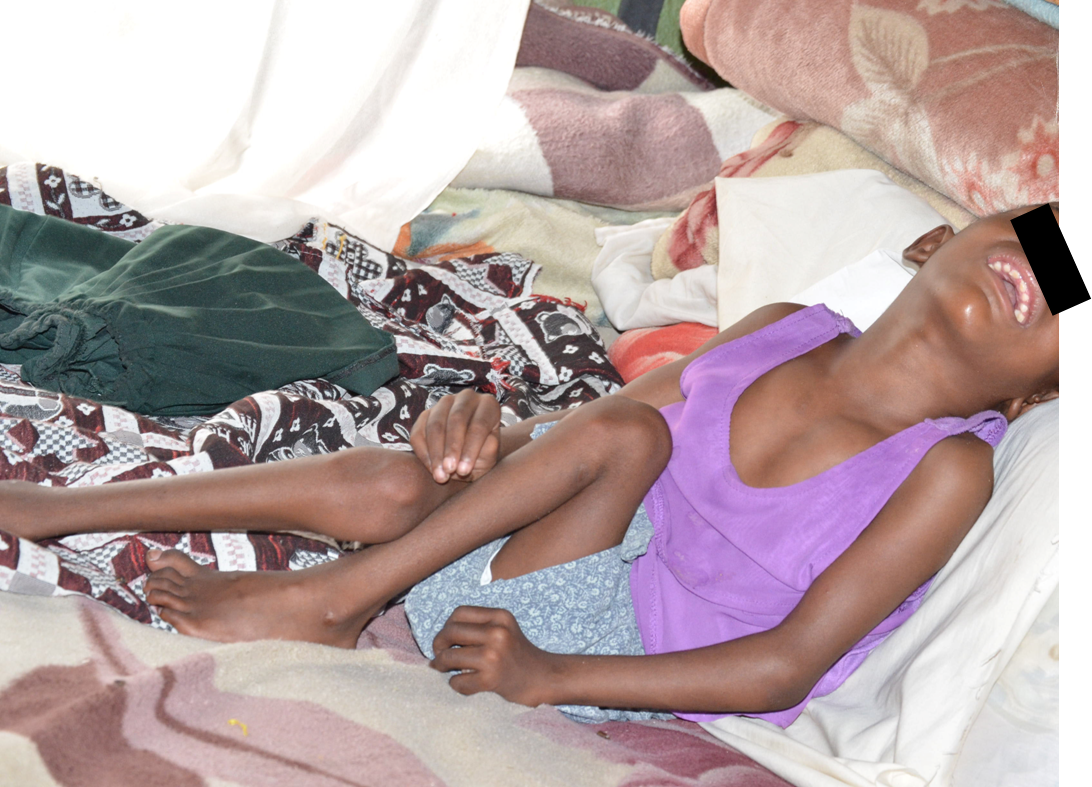
A child living with HIV seemingly in pain with the parents alleging this is due to the shortage of ARVs at the camp- Picture by Obey Sibanda
Some villagers have been secretly leaving the camp to visit their homes and tend their crops and livestock. Whatever is left of them.
Family members take turns with some men said to have started rebuilding their homes. They shuffle back and forth their houses and the camp where they are guaranteed regular meals.
“We don’t have challenges with food and water here right now. In fact, we have food in surplus but we just want to go back home. We’re tired of living in this place,” said Gogo Sibanda.
Tsholotsho villagers have for years resisted moving from the flood-prone area which has often been hit by floods but after the tropical storm that caused floods that displaced them two months ago, they are ready to make the switch. But only if they are provided with water and adequate infrastructure at what would be their new home.
“People no longer visit us here. They’ve forgotten about us. Just after the floods, there used to be so much activity around here but now people barely visit us. We’re worried they’ve forgotten about us. We now feel abandoned and have no one to care for us. No one is updating us about the relocation that’s why we’re now thinking of going back home and harvest our crops. But we really want the new stands as long as they provide us with water and infrastructure,” said Mr Cosmo Ncube, another camp dweller. “Although we haven’t been shown the new stands, we really want them,” he continued.
One is greeted by so much awkwardness and restlessness upon arrival at Sipepa Transit Camp but somehow, the spirits of children have not been crushed by the uncertainty they stare in the face every day.
It is the beauty of innocence. While their parents and guardians worry about moving back home, money, food and good health – all they think about is the next game to play.
They are covered in dust from head to toe with their bright eyes beaming with hope. They walk around barefoot, dressed in ragged clothes but because they are children, their little voices never go quiet.
“I’m just grateful that we were moved from our flooded homes in good time. It’s extremely uncomfortable here; you know how it is when you’re overcrowded. They say they’ll build us a kitchen, toilet and a room to sleep but we haven’t been told when this will happen,” said MaNkala, who owned a shop and lost her wares to the floods.
She said authorities responsible for their welfare promised that they would not be resident at the camp for longer than three months. Two months down the line, however, they wait to see whether or not Government can meet the deadline. “My shop was destroyed by the floods and I lost everything. I really just can’t wait to leave this place and start rebuilding my life,” said MaNkala.
While agitation and disquiet permeate the camp, Sipepa Township Shops, a stone’s throw away from Sipepa Rural Hospital where the transit camp is located reverberates with so much life.
On a Monday afternoon, “Swag Turn Up” by Jamaican dancehall artist Busy Signal played loudly from big, black speakers set on the veranda of one shop as school children from the nearby Sipepa Primary School passed outside for a quick listen.
At around 1pm, some men had started trickling in to drink the seemingly popular 1,5 litre Chibuku Super. Next on the playlist was Gobisiqolo by Bhizer featuring Busiswa, SC Gorna and Bhepepe.
It later emerged that the township shops provide distressed villagers the much needed relief from the indeterminate, depressing life they have had to contend with over the past two months.
Although the rains have ceased, some parts of Tsholotsho remain inaccessible by road. Roads to Mahlaba and Mbanyana are water-logged making it impossible for vehicles to drive through.
The swift response by the Air Force of Zimbabwe in evacuating the villagers saved lives in Tsholotsho, but the Government remains with a mammoth task of relocating the flood victims to safer areas as a permanent solution to minimise the impact of floods.
Tsholotsho North MP Professor Jonathan Moyo recently said the flood victims might stay at the camp for six months as the Government needs time to mobilise resources to build new homes, a clinic and a school for them in Sawudeni and Tshino villages.
While they wait for this intervention, the flood victims, most of them women and children, need functioning health care, sanitation and hygiene, safe water, and healthy food supply to counter other disasters such as disease outbreaks, increase in defaulter rate for those living with HIV and Aids, re-infection and new infections.
A total of 234 Tsholotsho households have so far agreed to relocate to Sawudeni Village where 94 stands have already been pegged to accommodate them.
Local Government, Public Works and National Housing Minister Saviour Kasukuwere recently said as a long term solution, the Government was working on modalities to relocate the victims to high ground to avert future disasters.
“The Government has resolved that, as a long term plan, we must move our people to higher ground in an area that has been identified by the local authority. We’ve agreed with the local chief and we’re now mobilising the Government departments, council and other stakeholders including the community so that we build permanent structures. Some of those who were affected by the floods are old people and they need to go back to their normal lives. We’ll bring on board the Civil Protection Unit and some of our partners,” said Minister Kasukuwere.
@yolisswa

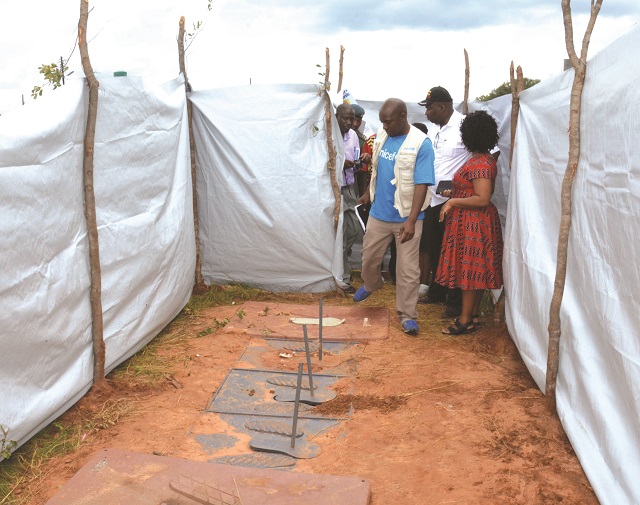

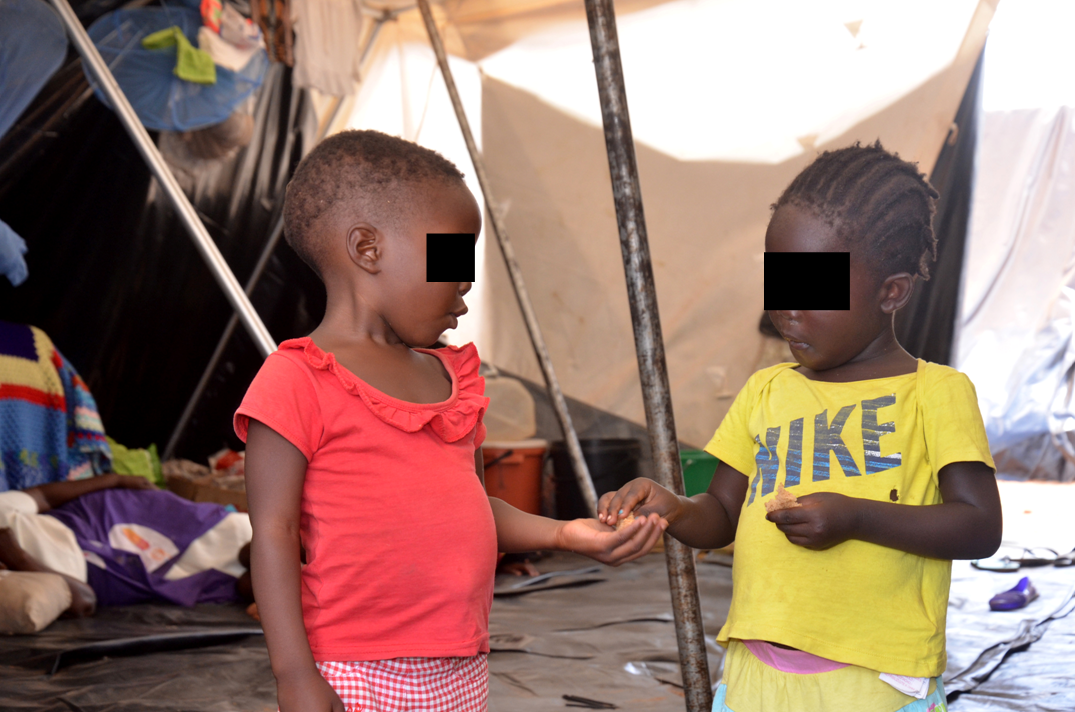
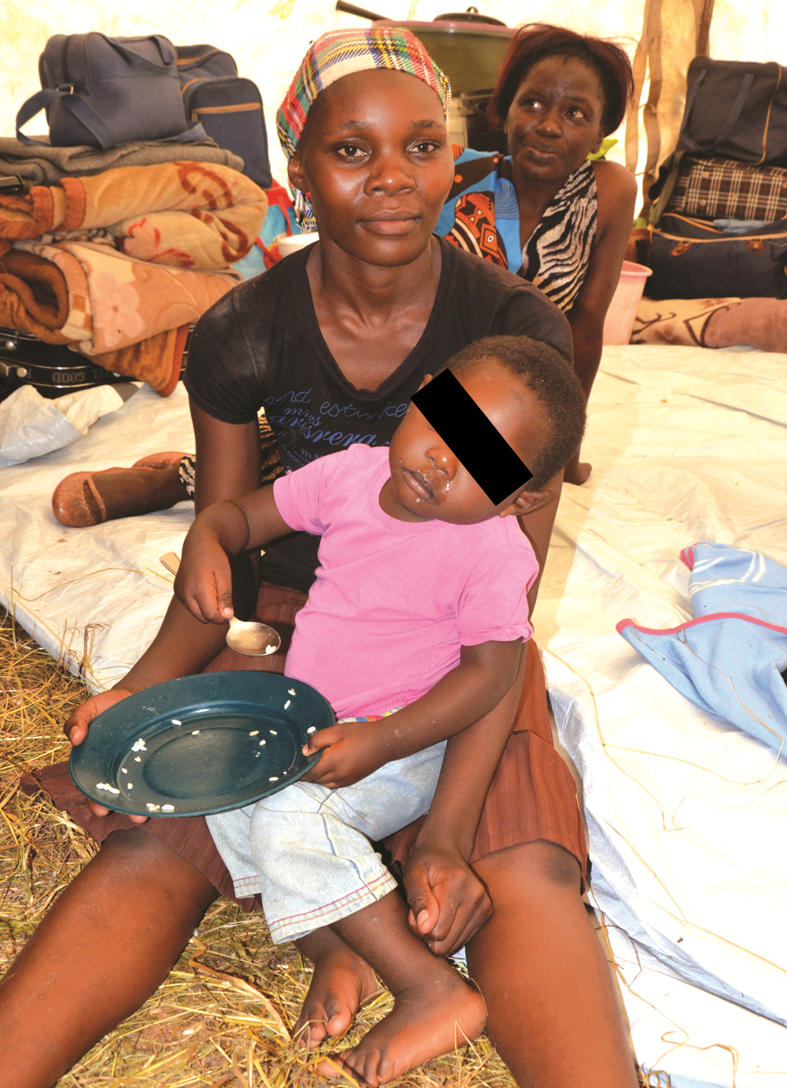










Comments